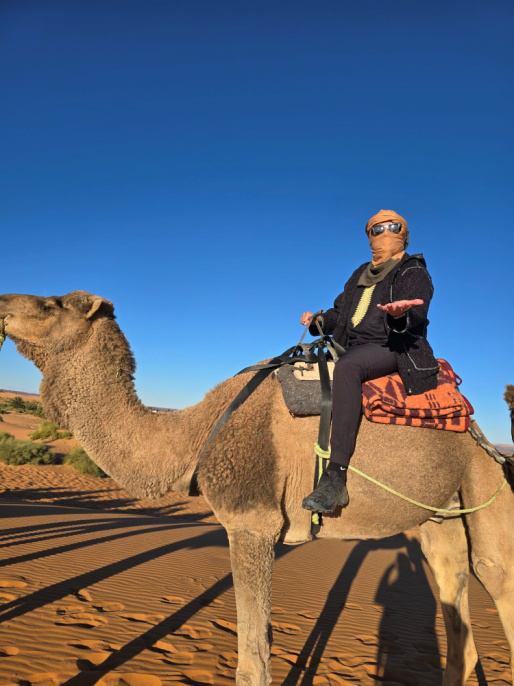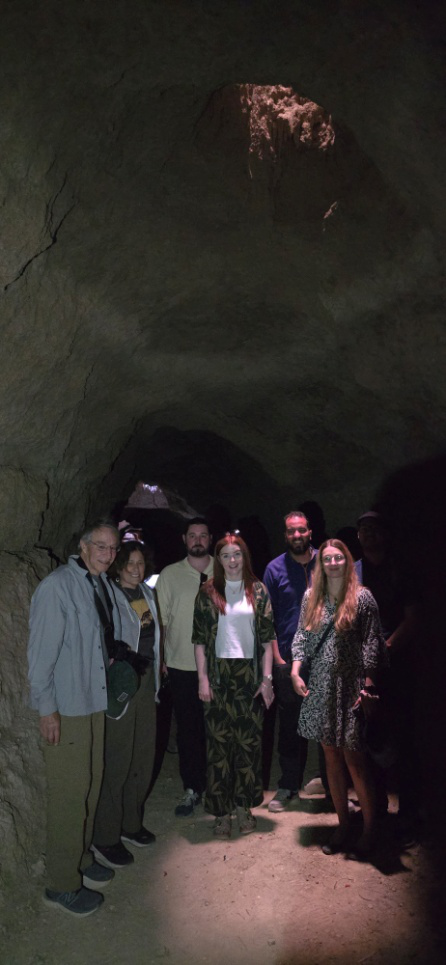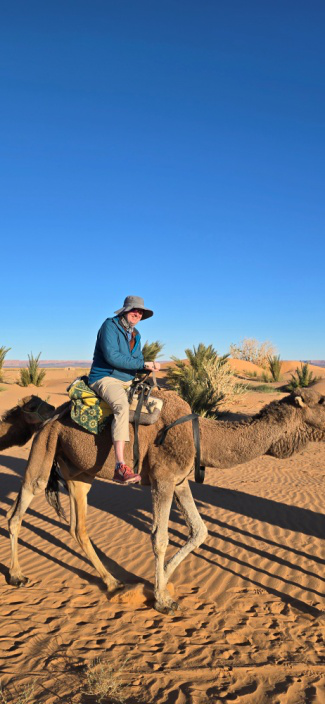The Berber culture in Morocco offers a vibrant tapestry of traditions and history that beckons travelers seeking an authentic and immersive experience. The Berber people, indigenous to North Africa, have preserved their unique cultural identity through centuries of change, and their heritage remains a testament to their resilience and richness.
To truly understand and appreciate Berber culture, one must venture beyond the bustling streets of cities like Marrakech and delve into the serene and picturesque villages scattered across the Moroccan landscape.
The Essence of Berber Culture
Berber culture, or Amazigh culture as it is known in their native language, is characterized by its deep-rooted traditions, distinctive art forms, and a way of life that remains closely tied to nature. The Berber people, whose history spans thousands of years, are renowned for their intricate handicrafts, vibrant textiles, and traditional music that echoes through the mountains and valleys.
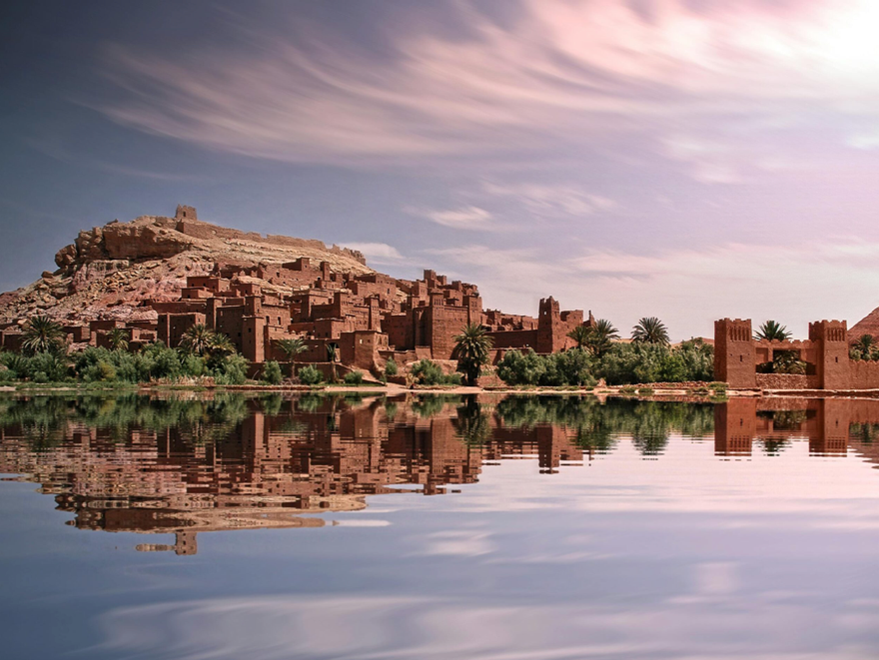
Traditional Villages and Homes
To fully immerse yourself in Berber culture in Morocco, visiting traditional Berber villages is essential. These villages, often perched in the Atlas Mountains or the Rif Mountains, offer a glimpse into the everyday life of the Berber people. Each village is a living museum of Berber culture, where ancient customs and modern life coexist harmoniously.
One of the most striking features of Berber villages is their architecture. Traditional Berber homes, or “kasbahs,” are built from mud bricks and often feature flat roofs and intricate patterns. These homes are designed to withstand the harsh climate of the Moroccan highlands, providing insulation from both heat and cold. The construction techniques have been passed down through generations, reflecting a deep understanding of the local environment.
Culinary Delights
No cultural journey is complete without experiencing the local cuisine. Berber food is a feast for the senses, with dishes that are as rich in flavor as they are in tradition. The Berber diet is heavily influenced by the natural bounty of the region, featuring ingredients like couscous, tagine, and various herbs and spices.
Couscous, often considered the staple of Berber cuisine, is a steamed grain dish typically served with vegetables and meat. Tagine, a slow-cooked stew named after the earthenware pot in which it is cooked, is another hallmark of Berber cooking. Each meal is a celebration, often enjoyed with family and friends, and offers an opportunity to experience the hospitality and warmth of the Berber people.
Traditional Crafts and Artistry
Berber culture in Moroccois also renowned for its exquisite craftsmanship. Traditional Berber textiles, including rugs and blankets, are renowned for their vibrant colors and intricate patterns. These textiles are often woven by hand using traditional techniques, and each piece tells a story through its design.
Berber jewelry is another highlight of their artisanal heritage. Handmade from silver and adorned with colorful stones, Berber jewelry often features intricate designs and symbols that hold significant cultural meaning. These pieces are not just adornments but also carry stories and traditions that have been preserved over generations.
Music and Dance
Music is an integral part of Berber culture, with traditional songs and dances playing a central role in community life. Berber music is characterized by its rhythmic beats and soulful melodies, often performed during festivals and ceremonies. The use of traditional instruments, such as the “bendir” (a type of drum) and the “lute,” adds to the unique sound of Berber music.
Dance, too, is a vibrant aspect of Berber culture. Traditional dances, often performed in groups, are accompanied by music and involve intricate footwork and hand movements. These dances are not just for entertainment but also serve as a way to celebrate important events and express cultural identity.
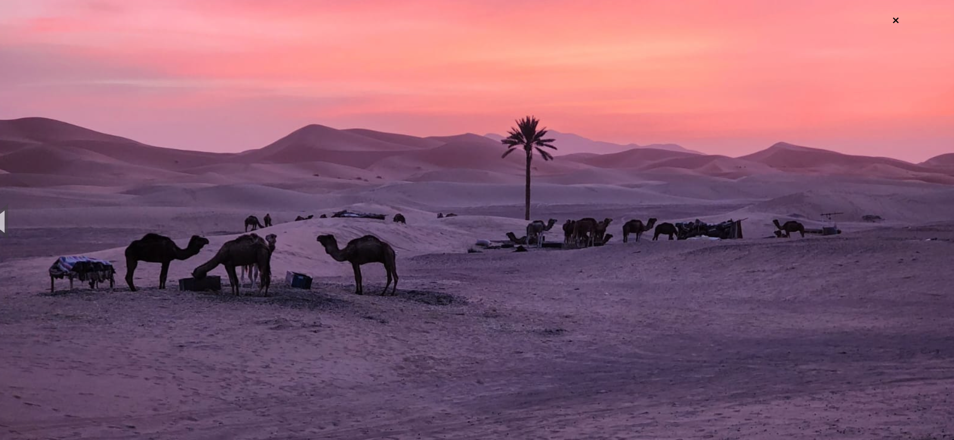
Festivals and Celebrations
Participating in Berber festivals offers a chance to witness the cultural richness of the Berber people firsthand. One of the most famous festivals is the Imilchil Marriage Festival, held annually in the town of Imilchil. This festival is a celebration of love and marriage, where Berber men and women from different villages come together to find a spouse. The festival features traditional music, dance, and ceremonies, providing a vibrant display of Berber culture.
Another significant festival is the Moussem of Tan Tan, a traditional gathering that celebrates Berber culture through music, dance, and various cultural activities. Attending these festivals allows travelers to engage with local customs and traditions in a festive and communal setting.
Discover an Unforgettable Berber Culture in Morocco with Omar Adventures
Ready to experience the magic of Berber culture firsthand? Omar Adventures offers unforgettable day trips from Marrakech that take you deep into the heart of Berber traditions. Whether you’re seeking an Atlas Mountains day trip from Marrakech or a unique exploration of traditional Berber villages, our expertly guided tours promise an immersive and enriching journey. Don’t miss the chance to discover the hidden gems of Morocco with us. Book your adventure today and create memories that will last a lifetime! Contact us now for more information!

